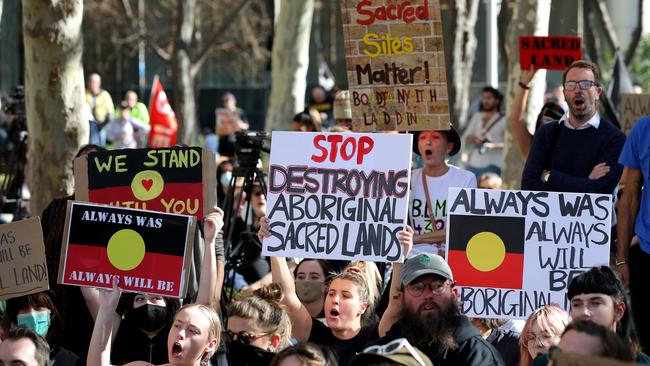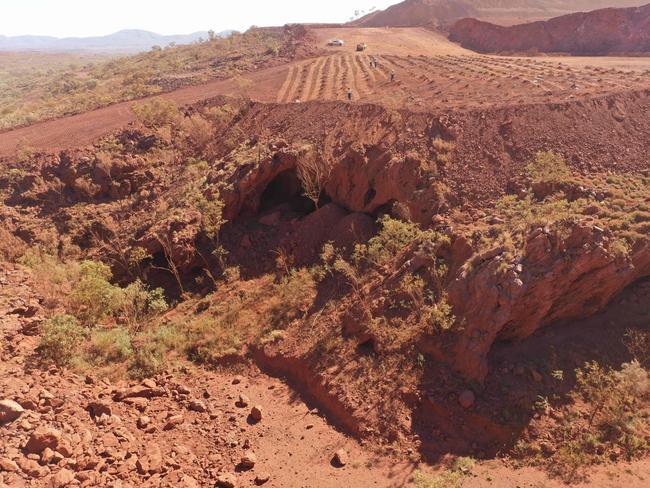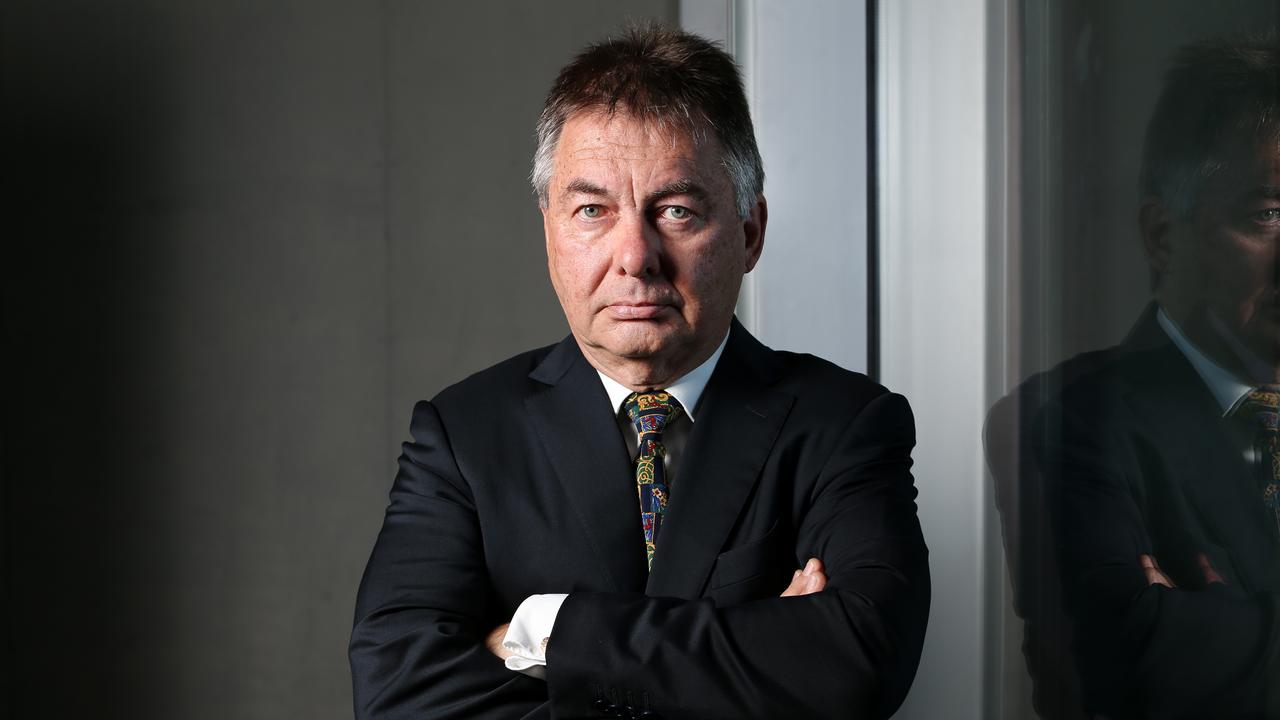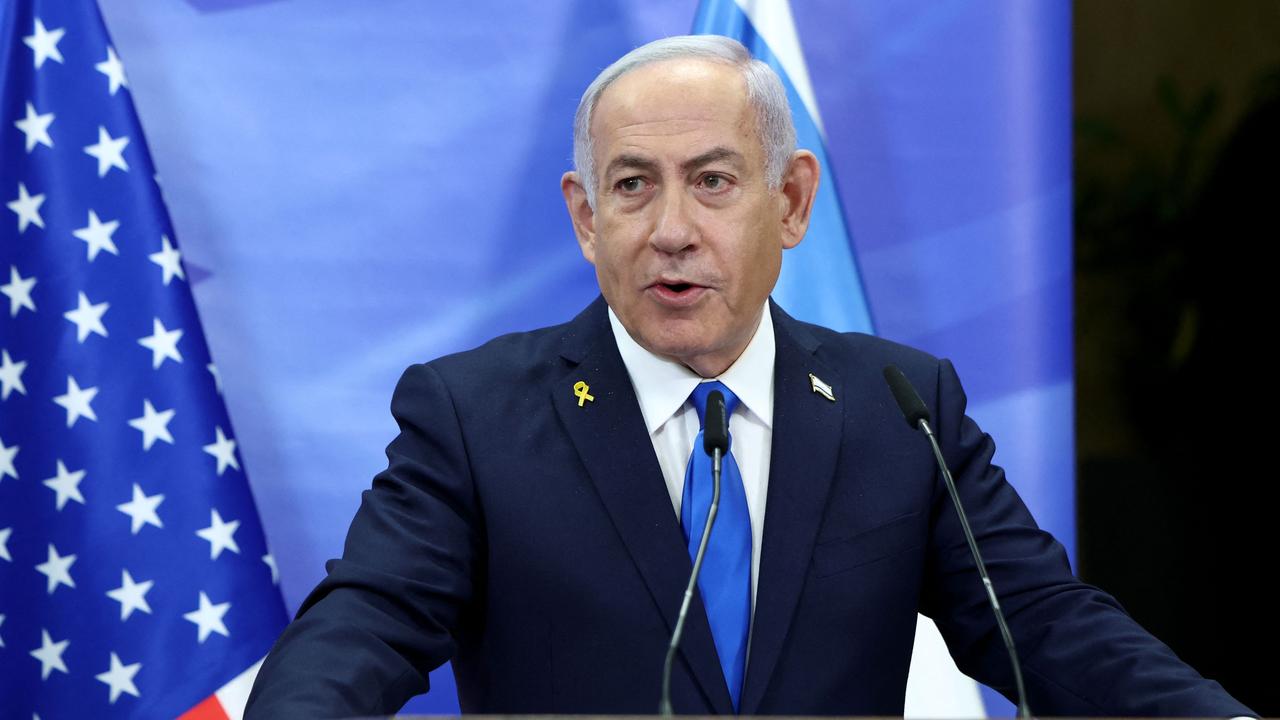No perspective on Juukan Gorge
Rio Tinto is let off the hook for the destruction of Indigenous cultural sites.

The Joint Standing Committee on Northern Australia’s report failed to uncover the truth and hold to account those responsible for the crime committed against Australia’s cultural heritage.
The committee’s report squibbed it. It failed to tell the country and parliament the truth of what transpired. This was not a tragedy. A tragedy is never deliberate. This was a vandalism, undertaken with full understanding and cold deliberation by Rio Tinto.
The most telling indication of its failure is how the report talks about “perspectives”. Rather than identifying the truth, they simply present “perspectives” on the truth. The “perspective” of the Puutu Kunti Kurrama and Pinikura peoples – PKKP – traditional owners is set out. And then the “perspective” of Rio Tinto is set out.
As if the truth is only a perspective.
So the Taliban destroyed the Buddhas of Bamiyan. An inquiry is established as to what happened and who is responsible. And the inquiry reports on the “perspective” of those horrified by the destruction and the “perspective” of the Taliban. And leaves it at that, making no effort to establish and report the truth.
These events were not ancient history. There were mountains of documents, trails of communications, and all witnesses and relevant persons were known and could be located. The powers of the committee were substantial, not the least its sanctions against being misled by witnesses appearing before it.
And yet it was misled by Rio Tinto, which managed to get its preferred way forward to become the committee’s proposal for “The Way Forward”. One can’t help but be awe-struck by the sheer capacity of a powerful organisation to take control of the narrative of its own profound culpability and turn it into a tragedy of the failure of “joined-up decision-making”, as the egregious internal review by Rio board member Michael L’Estrange termed it. Not only that, it brings the PKKP and their representatives into the frame as if the company’s deception of them was their fault.
My interpretation of this committee’s work and its report is harsh. So I should first say something in commendation of them.
I have absolutely no doubt that every Australian on the parliamentary committee – from the Greens on the far left to the Liberal and Nationals senators and MPs on the far right – was genuinely appalled about the Juukan destruction. The committee members were serious about their brief, and no one mistook the gravity of the task that they were undertaking.
I do not for a minute doubt the sincerity of the committee members’ statement in the introduction when they write: “This inquiry has been a journey of enlightenment for some members of the Committee. We are exceptionally privileged as a nation to have the continuous cultural knowledge of Aboriginal and Torres Strait Islander peoples and their living understanding of sacred sites of such historical significance. This is not just a loss for the PKKP peoples, but it is a loss for the nation, and the world, as a whole.”

But the problem was not sincerity, it was its limited competence. The committee had all of the tools of a parliamentary committee, but the truth is it was played for a break by a more wily and cunning company. They just didn’t have the forensic ability to discern the truth and instead made the appalling decision to just regurgitate “perspectives”.
This suited Rio Tinto. It allowed the company to stick to its two-faced act of feigning contrition on the one hand while exonerating itself on the other.
This was the strategy from day one. Throughout the whole process Rio has been following a denialist strategy. This strategy was encapsulated by Salisbury in a June 2020 town hall meeting reported by Joe Aston in The Australian Financial Review when Salisbury explained: “… that’s why we haven’t apologised for the event itself, per se, but apologised for the distress the event caused”.
There are many questions therefore unanswered by this inquiry report, but the biggest blind spot is its failure to see that in the months, days and hours leading to the fateful day of May 24, 2020, Rio Tinto was racing against the clock to destroy Juukan. Juukan was doomed and the company was determined to exercise its rights under the section 18 authorisation it had secured many years before.
Why do I maintain that Juukan was on an inexorable path to destruction?
One factor was the problems Rio was having with the Greater Brockman hub in the Pilbara – of which Juukan formed a part. In a June 19, 2019, Iron Ore Guidance Rio reported “experiencing mine operational challenges” that were “resulting in a higher portion of certain lower grade products” and therefore “in light of these challenges, there has been a review of mine plans”.
Matthew Stevens from The Australian Financial Review subsequently reported on July 17 that “Rio has got its mine plan wrong” and “the Brockman hub has delivered materially less ore than planned” and that “according to sources close to WA’s largest miner, that has triggered something of an internal witch hunt that might yet see iron ore boss Chris Salisbury under pressure to retain his role”.
This was all part of the Frenchman Jacques’ “value over volume” strategy, which wasn’t working to plan in the Pilbara.
Yet the committee’s report makes no mention of this reality: that the company’s driver was the imperative to produce greater volumes of higher quality ore from its Brockman hub. Stevens and this newspaper’s Nick Evans explained in various newspaper reports how Rio production problems in the Brockman hub drove its determination to extract maximum value. It was estimated that the Juukan area represented $135m to the company, a large sum but a pittance compared with Rio’s annual revenue.
It appears to me that the real truth is that Salisbury’s people on the ground were racing against the clock for two other reasons.
The review of the West Australian legislation was under way, and there was a risk that section 18 authorisation to destroy sites such as Juukan could be revoked. The responsible state minister and Treasurer, Ben Wyatt, was in charge of the review. It was taking a long time, but it represented a threat to what Rio saw as its rights under the section 18 authority.
The third factor was the PKKP’s increasing concerns about the cultural values of the Juukan Gorge and new awareness of its heritage values. Everything was heading towards a likelihood that Rio would facing an impediment to its exercise of the section 18 authority that they held.
It was a miserable and greedy choice the company was determined to follow through on, and it has done everything in its power to obfuscate following the destruction.
Nationals MP George Christensen asked Rio Tinto in September last year: “Who were the highest ranking officials in Rio Tinto who knew or had an inkling about the significance of Juukan Gorge caves?”
No answer. Question taken on notice. Then some obscure middle managers were nominated and no one senior until the iron ore leadership team meeting of May 18, 2020, after the explosives were loaded.
I wrote last year that the claim that Jacques, Salisbury and Niven were unaware of the heritage values of Juukan “beggared belief”. It still does. There is a prima facie case that the parliamentary committee was misled by Rio Tinto on this. Yet going on the committee’s report it appears it was not concerned whether or not it had been misled.
That Rio Tinto with its new board members and new chief executive, Jakob Stausholm, was not serious about their culpability was evidenced when it was announced that the former minister for the heritage legislation that authorised the section 18 destruction of Juukan Gorge, Wyatt, would be appointed to its board. Wyatt was the most eminently qualified for the role and the appointment of an Aboriginal person to one of the world’s top companies should have been a landmark moment.
Instead it reeked of the worst cynicism. Labor Senator Patrick Dodson was rightly outraged about Wyatt and Rio’s unseemly embrace of each other.
How could a company, the subject of an inquiry, appoint to its board a former politician who was recently responsible for authorising section 18 destruction of heritage sites and supposedly undertaking a review of the relevant legislation?
There are those who welcome the committee’s recommendation that there be new federal legislation setting a protections against events like Juukan ever happening again, and providing traditional owners “free, prior and informed consent” with respect to cultural heritage. Rio chief executive Stausholm said he welcomed the committee’s report. Do you really think his company will support new federal laws as proposed by the committee?
Or will Rio, as I expect, hide behind the intransigence of the West Australian government, the mining industry lobby and the other big iron ore miners in resisting the committee’s proposals?
It is Rio that should have been held to account in the first instance. And it is Rio that should first commit to best practice in cultural heritage protection. Instead the parliamentary committee has given Rio a free pass that will enable it to hide behind the rest of the mining industry and the parliaments that support them.
The report’s only worthwhile things are the additional comments provided by West Australian senator Dean Smith and Christensen. They tell the core truth when they write: “More than a year has passed, yet Rio Tinto and its board have fundamentally been let off the hook for obliterating the 46,000-year-old site in WA’s Pilbara region.”
Rio Tinto has indeed been let off the hook by this inquiry. Smith and Christensen tell the truth when they write: “Despite the outrage shown in Australia and beyond, no impactful financial penalty or regulatory sanction has been imposed on Rio to date.”
Rio has paid no penalty. Smith and Christensen call for a judicial inquiry: “There should be a judicial inquiry into the destruction of the site, investigating if conduct preceding or following the event warrants further action – including criminal charges.”
I agree with Smith and Christensen: there must be a judicial inquiry that establishes not the perspectives but the facts of this crime.
Noel Pearson is a director of Cape York Partnership and co-chair of Good to Great Schools Australia.



The vandals who oversaw the destruction of the Juukan Gorge – chief executive Jean-Sebastien Jacques, head of iron ore Chris Salisbury and head of corporate affairs Simone Niven – left the company with golden handshakes worth tens of millions of dollars and this week their company, London-based Rio Tinto, got a “get out of jail free” card.